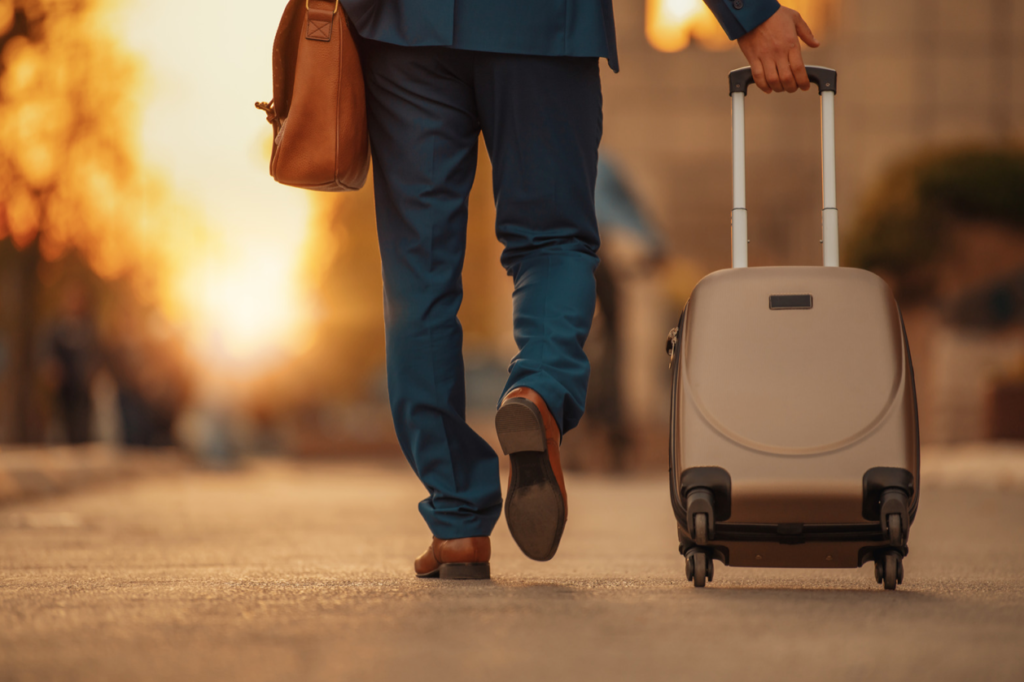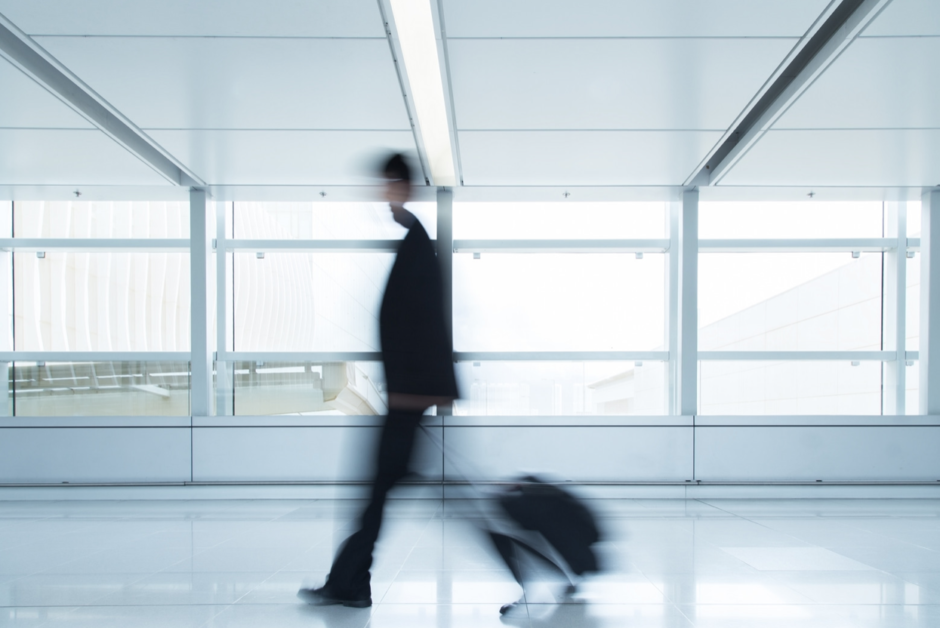The trend of travellers opting for personalised holidays and splurging on personalised trips, is a reflection of changing consumer preferences and priorities in the post-pandemic era.
With the world slowly recovering from the impact of Covid 19, people are eager to travel and experience new destinations, but they are also more conscious about how they spend their money.

One of the key factors driving this trend is the cost-of-living crisis. As the overall cost of living increases, consumers are becoming more cautious about their expenses and prioritising essential expenses over discretionary ones like travel. This has led to a decrease in the number of people planning to go on holiday this year. However, those who still plan to travel are willing to spend more on their holidays, indicating that they are deliberately choosing to allocate their budget towards experiences that are personally meaningful to them.
Another factor contributing to this trend is the increasing demand for sustainability in travel. More travellers are willing to pay extra for sustainable options, including accommodation, dining, and flights. This preference for sustainable travel is also reflected in the choice of transportation, with many travellers opting for trains over planes or cars. This reflects a growing awareness and concern for the environmental impact of travel, and a willingness to make choices that align with sustainable practices.
Furthermore, the shift towards personalised vacations and splurging on personalised trips can be attributed to a desire for unique and tailored experiences. Rather than opting for all-inclusive trips, travellers are seeking more customised itineraries that cater to their individual preferences and interests. This may include activities, excursions, and accommodations that are specifically chosen to enhance their travel experience. This trend is particularly prominent among those who are willing to spend more on their vacations, indicating a willingness to invest in creating memorable and personalised travel experiences.
The trend of leisure travel budgets growing but spending becoming more deliberate reflects a shift in consumer behaviour towards prioritising meaningful experiences and sustainability in their travel choices. Traveler’s are willing to spend more on personalised vacations that align with their interests and values, while also considering the environmental impact of their choices. This trend presents opportunities for travel providers to offer attractive and value-for-money packages that cater to these evolving preferences.

The recent Travel Trends 2023 study conducted by global consultancy Simon-Kucher sheds light on the current state of vacation plans and travel preferences. Financial concerns have emerged as the main reason why 14% of UK consumers have decided not to go on holiday this summer.
The cost-of-living crisis has forced consumers to prioritise essential expenses, leading them to avoid traveling during the peak season. However, this percentage has decreased compared to the previous two years, with 25% in 2022 and 44% in 2021, indicating a gradual recovery in leisure travel.
Among the surveyed consumers, it was found that 40% of travellers are booking their holidays well in advance. This trend is driven by a fear of inflation and rising prices. Although the cost-of-living crisis has limited consumers’ ability to spend on travel, there is still a strong desire to experience vacations after two years of pandemic restrictions. Travel providers can capitalise on this willingness to travel by offering attractive deals and good value for money. However, they should be mindful of the cost pressures and increasing interest rates that may affect customers’ spending power in the near future.
While financial concerns remain a significant factor, the study reveals that leisure travel budgets are growing and travellers are becoming more deliberate in their spending. UK consumers, along with those from the Netherlands, are the most likely to have already booked or plan to book a holiday this summer. In contrast, consumers from the USA are the least likely to do so.
Personalised vacations are gaining popularity over all-inclusive trips, suggesting a shift towards tailored experiences and more creative travel.
On average, consumers who are planning to travel expect to spend 17% more on their 2023 holiday than they did in 2022. To offset inflationary concerns, travellers are prioritising essential expenses like food and beverage, while spending relatively less on clothing and local experiences.
In terms of business travel, rising costs are impacting budgets, leading to a decrease in the number of work-related trips. Around 20% of business travellers have chosen not to travel for work, while those who still travel are opting for shorter trips. Sustainability is also becoming a key consideration for businesses, with nearly one in three companies encouraging their employees to travel by train instead of plane whenever possible.
Sustainable travel is gaining momentum, with more consumers prioritising environmentally-friendly options. The preference for train travel over plane or car has increased, with many respondents willing to sacrifice longer journey times for the sake of sustainability.







